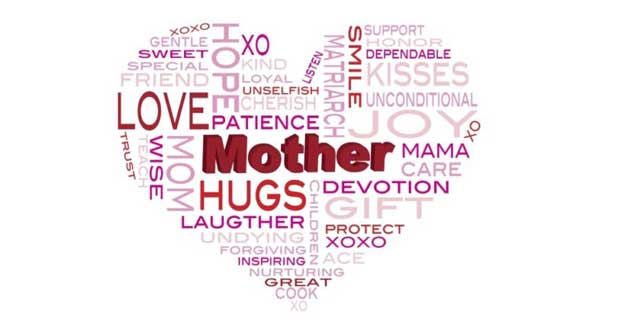The Do’s And Don’ts For Resolving Conflict
We all end up in an argument now and again. That’s the nature of being human in a sea of unique people with their own thoughts, feelings and opinions.
It’s also pretty easy to chalk up arguments to fundamental differences. These differences will validate our choice to hold a grudge or start a feud.
But it doesn’t have to be that way. These do’s and don’ts can be used on a scale of an acquaintance to your significant other.
You can resolve conflicts while strengthening your relationships and broadening your understanding.
Do…
-
Talk Sooner Rather than Later
When you put off discussing a point of conflict, you can potentially make the situation worse. Holding your emotions in will increase your anger until it’s overflowing.
This can result in meeting something that could have been minor with too much vehemence.
It could be the other person isn’t even aware something is wrong. They can’t change it if they don’t know how you feel.
-
Accept your Part in the Disagreement
Getting into a fight can often mean focusing all your attention on the other person’s shortcomings. However, before you start playing the blame game, take an honest look at your role in the disagreement.
Holding yourself accountable will help you to be more kind and realistic in your discussion.
-
Cool Off when you Need It
Some conflicts get heated even before words are exchanged. This results in louder voices and more flippant, off-the-cuff accusations that do more harm than good.
It’s okay to let the other person cool off so they can approach the conversation constructively. Also, you’re allowed to ask for that space, too.
Just be clear about it and be sure to come back to resolve the issue.
-
Move Forward after Resolution
Chances are you’ve had a fight or two where you came to a conclusion everyone could live with, then followed it up with…nothing. Maybe you decided to spend time apart or avoid each other for awhile.
When you tried to come back together, the lingering memory of that fight made everything too awkward to resume what had been a great relationship.
So follow up the solution with a fun or enjoyable activity together to help your relationship move forward, past the negative moments.
Don’t…
-
Let your Emotions rule the Conversation
Letting your emotions do all the talking usually means there’s no real communication going on. The other person has nothing to use constructively in resolving the problem.
Remind yourself there are two problems: the situation and your emotions. You can’t solve the first without having full control of the second.
-
Involve other People
Be careful about who you vent your frustrations to. Not everyone needs to know what is going on.
The more people become involved, the bigger the conflict may get, even lingering in your friends and family members minds when you’ve already forgiven and moved on.
-
Use Fighting Words
You should be mindful of what you are saying during an argument and how you are saying it.
Use open statements that invite change and progress.
-
Open the Argument Again Once it’s Resolved
Once you’ve worked through a situation and everything is good, it should be left that way.
No one wants to spend time with someone who tallies up their mistakes, even when they’re long gone, so offer them the forgiveness you would want.
End of the Round
Disagreements can’t always be resolved in one conversation. When the stakes are high, finding mediation services near you may be a smart way to keep things civil while still trying to come up with a solution that works for everyone.
But remember healthy relationships still come with arguments, so give everyone involved a chance to communicate and work together to make things better.
Do you have other Do’s and Don’ts for resolving conflict? Please share them in the Comments. Thank you.






